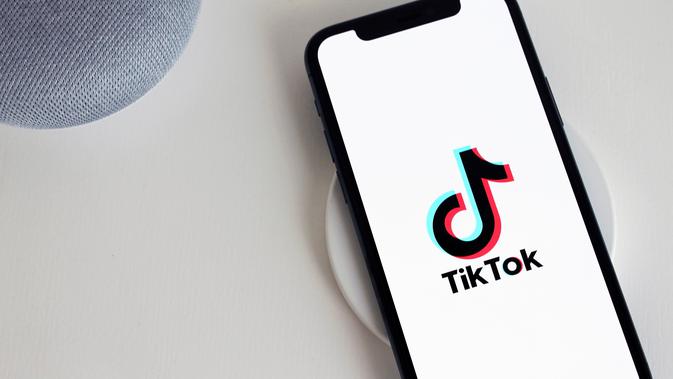TikTok is implementing new measures to safeguard its expanding user base in Africa by establishing its first-ever Safety Advisory Council on the continent. This initiative comes as the ByteDance-owned platform continues to rise in popularity, particularly among Africa’s youthful and tech-savvy demographic.
As smartphones become increasingly accessible and internet usage soars, Africa has emerged as a crucial battleground for social media platforms. With this growth, there is a heightened sense of responsibility, and TikTok faces pressure to combat the proliferation of misinformation and to protect its youngest users from online threats. Governments across Africa are advocating for tighter regulations in digital spaces, a goal that TikTok’s new council seeks to address.
Fortune Mgwili-Sibanda, TikTok’s Director of Government Relations & Public Policy for Sub-Saharan Africa, emphasized the collective responsibility in creating a safe environment on TikTok.
The platform’s #SaferTogether campaign, which has already reached thousands in Kenya and Nigeria, is part of this initiative, educating users on how to safeguard themselves online.
“This segment of the campaign will directly engage the TikTok community, encouraging them to contribute to making TikTok a safer environment for everyone by adhering to the Community Guidelines and utilizing the safety features provided,” she stated.
“With the added dimension that the Safety Advisory Council introduces, we believe that safety can be achieved collectively.”
The newly established safety advisory council, launched in Nairobi, Kenya last week, consists of a diverse group of experts, including academics, digital rights advocates, and local content creators. These members will offer essential insights and guidance on how TikTok can effectively address the unique challenges encountered by African users.
Among the council members is Professor Guy Berger from South Africa, recognized for his work on media freedom, who provides crucial perspectives on balancing content moderation with free expression.
Dennis Coffie, a content creator from Ghana, offers insights grounded in the everyday experiences of TikTok users, ensuring that the platform remains connected to its grassroots community.
Aisha Dabo from Seneg, co-founder of AfricTivistes, serves as a powerful advocate for digital activism and justice, ensuring that TikTok’s policies are designed to protect and empower its users.
Lillian Kariuki, who heads Kenya’s Watoto Watch Network, will concentrate on child safety, a crucial concern as younger users increasingly flock to the platform. The council also features Nigerian expert Dr. Akinola Olojo, whose background in countering violent extremism will assist TikTok in addressing the potentially dangerous content that can proliferate online.
Ethiopian academic Prof. Medhane Tadesse brings a wealth of knowledge regarding peace and security, adding another layer of expertise to the council.
Berhan Taye, an Ethiopian researcher recognized for her work on digital rights, ensures that the council’s decisions uphold users’ freedoms while prioritizing their safety.
TikTok’s popularity in Africa has surged, transforming users like Kenya’s Azziad Nasenya into household names. Her “Utawezana” dance challenge not only went viral but also paved the way for significant brand partnerships, exemplifying the platform’s ability to change lives. However, this fame brings the necessity for robust safety measures, particularly as more young individuals aspire to replicate such success. For many young Africans, content creation on platforms like TikTok transcends being a mere hobby—it has become a means of livelihood. Given that traditional employment opportunities are often scarce, the ability to earn a living through social media has grown increasingly vital.
TikTok, with its extensive reach and engaging format, has emerged as a crucial platform for these digital entrepreneurs, underscoring the importance of the new Safety Advisory Council’s work.
Meanwhile, Africa stands on the cusp of a digital transformation, with its nascent e-economy taking shape, propelled by progressive policy reforms and the arrival of affordable smartphones. These advancements are rapidly expanding internet access across the continent, laying the groundwork for nearly complete digital connectivity within just over a decade.
This widespread smartphone adoption is empowering Africa’s youth, who are not only consuming content at unprecedented levels but also generating it, transforming platforms like TikTok into significant sources of employment and influence.



